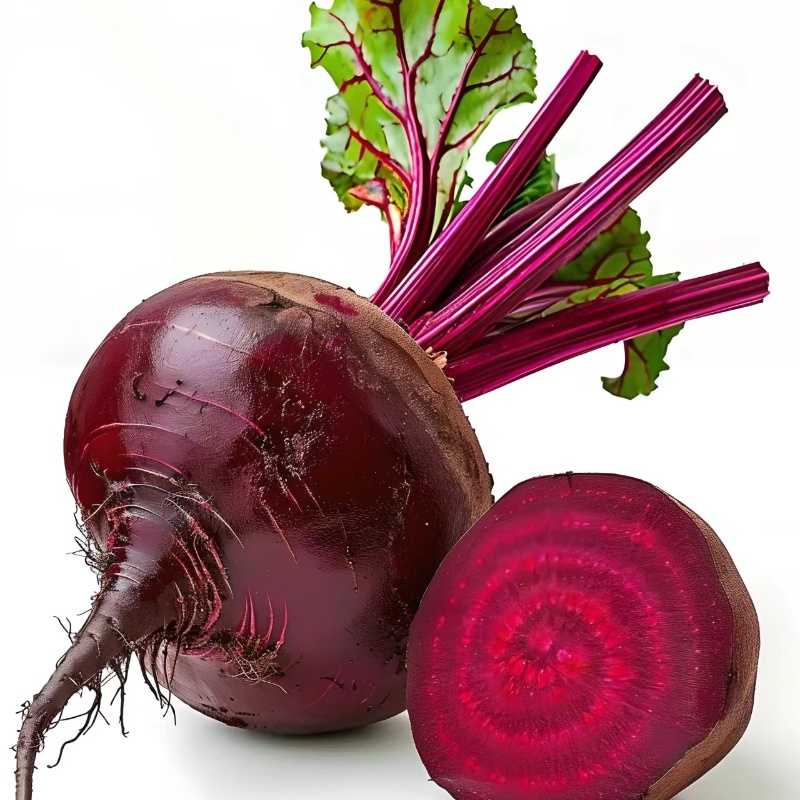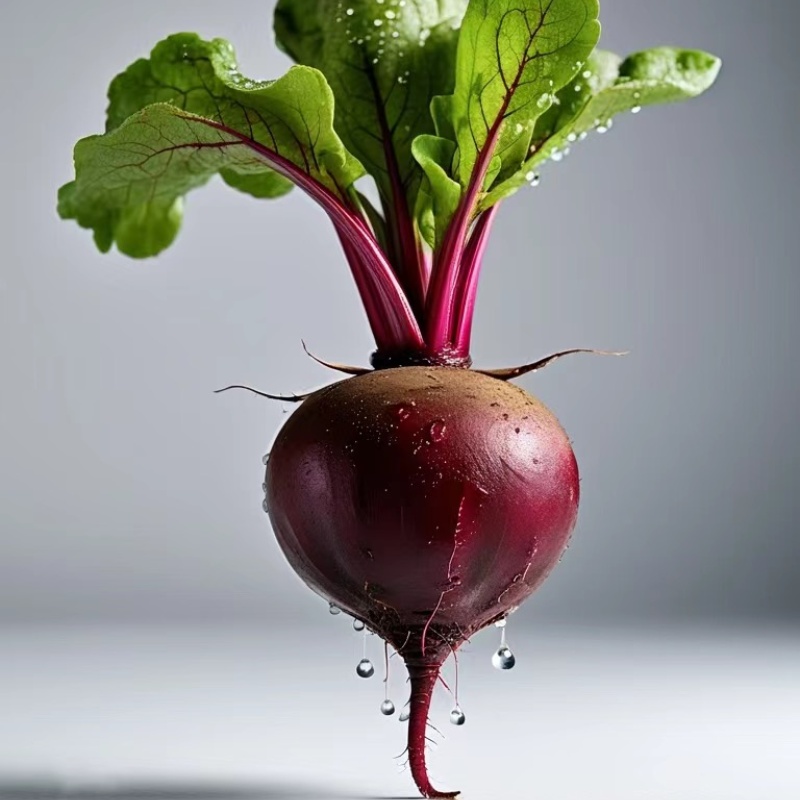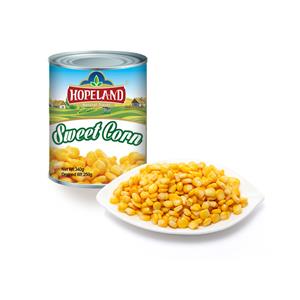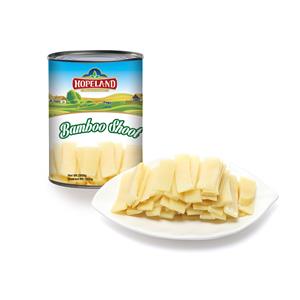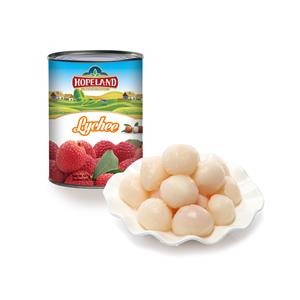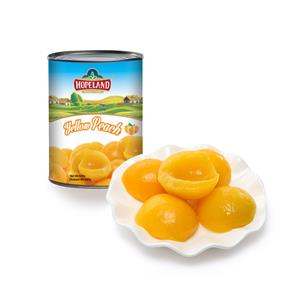How healthy are pickled beets?
Pickled beets, with their vibrant magenta hue and tangy flavor, are a delicious and versatile addition to meals. These earthy vegetables undergo a pickling process, which preserves their freshness and enhances their flavor. While fresh beets are widely celebrated for their health benefits, pickled beets bring a unique set of nutritional and wellness advantages to the table.
In this article, we’ll explore the pickling process, the health benefits of pickled beets, their nutritional profile, and creative ways to incorporate them into your diet.
What Are Pickled Beets?
Pickled beets are fresh beets that have been preserved in an acidic solution—typically a mix of vinegar, sugar, and salt. Sometimes, spices like cloves are added to the solution, lending the beets a warm, aromatic flavor.
This pickling process not only preserves the beets but also creates a tangy, slightly sweet taste that complements the beets' natural earthiness. The bright magenta color of pickled beets makes them an eye-catching ingredient in salads, side dishes, or even as a garnish.
Health Benefits of Pickled Beets
While research specifically on pickled beets is limited, the nutrients and probiotics they contain provide several potential health benefits:
1. Blood Sugar Management
The vinegar used in the pickling process can help regulate blood sugar levels. Studies show that consuming vinegar with meals may reduce post-meal blood sugar spikes, making pickled beets a smart addition to meals for those managing their glucose levels.
2. Cancer Prevention Potential
Pickled beets contain probiotics such as Lactobacillus plantarum, a beneficial bacteria associated with various health benefits. Laboratory studies suggest that these probiotics may have anti-cancer properties, particularly against oral and leukemia cancer cells. While more research is needed, the presence of these probiotics in pickled beets is a promising area of study.
3. Digestive Health
The fermentation process involved in pickling enriches beets with probiotics, which are essential for gut health. Probiotics help balance the digestive system by promoting the growth of beneficial bacteria, potentially easing issues like bloating, constipation, and indigestion.
4. Disease Prevention and Immune Support
Pickled beets are rich in flavonoids, which are powerful antioxidants. These compounds help reduce inflammation and protect cells from damage caused by free radicals. This can lower the risk of chronic inflammatory diseases and support a robust immune system.
Nutritional Profile of Pickled Beets
A half-cup serving of pickled beets provides:
· Calories: 55
· Protein: 0 grams
· Carbohydrates: 14 grams
· Fiber: Less than 1 gram
· Sugar: 9 grams
While pickled beets are not a significant source of protein or fiber, they do contain small amounts of important vitamins and minerals, including potassium, calcium, and iron. The pickling process also preserves their natural micronutrients, although levels may vary based on how they’re prepared.
One of the standout nutritional aspects of pickled beets is their probiotic content. As "friendly bacteria," probiotics play a critical role in maintaining a healthy gut microbiome, which in turn supports digestion and overall wellness.
How to Prepare Pickled Beets
Pickled beets can be enjoyed straight from the jar, requiring no additional preparation. Their versatility makes them an easy and convenient way to add flavor and nutrition to meals. You can purchase pickled beets from grocery stores or prepare them at home for a fresher, more customized flavor.
Simple Home-Pickling Recipe
1. Ingredients: Fresh beets, vinegar, sugar, salt, water, and optional spices like cloves or cinnamon.
2. Instructions:
o Boil the beets until tender, then peel and slice them.
o Prepare a pickling solution by combining vinegar, sugar, salt, and water in a saucepan. Heat until the sugar dissolves.
o Place the beet slices in sterilized jars and pour the pickling solution over them. Seal the jars and refrigerate.
Homemade pickled beets can be stored in the refrigerator for up to two weeks.
Why Choose Pickled Beets?
Pickled beets are more than just a tasty treat—they’re a nutritious and convenient way to enjoy the health benefits of beets year-round. Here are some reasons to include them in your diet:
· Long Shelf Life: Unlike fresh beets, pickled beets are shelf-stable and can be stored for months, making them a practical pantry staple.
· Easy to Use: Ready to eat straight from the jar, pickled beets are a fuss-free ingredient for quick meals.
· Flavor Boost: Their tangy, slightly sweet flavor enhances a wide range of dishes, from salads to sandwiches.
Conclusion
Pickled beets are a flavorful, nutrient-rich addition to any diet. Their unique combination of probiotics, antioxidants, and essential nutrients makes them a superfood for digestive health, disease prevention, and overall wellness.
Whether you’re enjoying them as a side dish, incorporating them into salads, or experimenting with creative recipes, pickled beets bring a delightful crunch and tang to your meals. With their convenience, long shelf life, and impressive health benefits, there’s every reason to keep a jar of pickled beets in your pantry.
Enjoy the goodness of pickled beets and let their vibrant flavor inspire your culinary creations!

